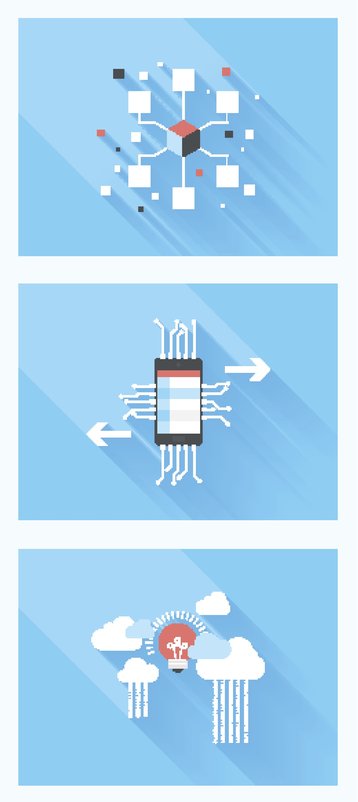Data science is trending. It’s the discipline everyone is talking about, whether they are extolling its virtues or questioning its worth. Many businesses are keen to join this growing trend, without fully realising what data science is or its potential. Yet, it makes sense for businesses to think about what data science actually is, where it came from and what makes a good data scientist. Until you fully understand something, you cannot know what it is capable of.
The term data science rose to prominence a few years ago, and since that time people have questioned whether it is actually an entirely new discipline or merely a rebranding of skills we have always had. I would argue that it’s both.
Unknown unknowns
Heading up a team of data scientists has allowed me to understand what makes these highly skilled, hard-to-find individuals deserve the title of data scientist, as well the benefits and public perception this affords them.
Data scientists come from several different academic backgrounds. They are part-computer scientists and part-mathematicians, with specialisms in other particular fields like biomedicine. When combined, these skills create individuals able to uncover information in data that may not be immediately apparent, translating this into solutions and insights for organizations.
Despite what some people believe, a data scientist is different to a data analyst. Data analysts work with what we already know, or what we know is unknown. Data scientists try to find the ideas we weren’t aware that we didn’t know and most importantly, what we didn’t already expect.
Data scientists’ varied backgrounds lead to each data scientist approaching each project in different ways. Like skinning cats, data scientists understand that there are many ways to solve a business problem.
A data scientist with a background in statistics is more likely to consider error terms and err towards statistical models. Meanwhile, a data scientist born from a computer science background will focus more on querying and transforming data effectively. And then there are those who love the visualisation side of data science.
With such a range of data scientists available, it is important for businesses to use a mix of these individuals to ensure a well-balanced and robust team. Data scientists complement each other.
What ties all data scientists together, and what makes them unique, is their ability to marry statistics and code and translate this into something more understandable for lay people. I would argue that this ability to transform data into a story that everyone could understand is one of the most valuable abilities of a data scientist. Their stories prove their worth.
Once these stories are told, data scientists also need to help businesses know how to use it. They are coders, statisticians, storytellers and advisors.
Ultimately, data science is a quest to turn a question into something that could be answered through data and then the application of a range of techniques to see what insights occur that can be used to drive a business forward.
Whereas storytelling is a data scientist’s most valuable skill when communicating their discoveries to a wider audience of stakeholders, imagination is their most important ability when doing the technical work. Storytelling and imagination are often in close companionship, but it is not just in translating data that a data scientist uses their imagination. In approaching problems their imagination proves integral. A data scientist needs to be creative enough to apply a variety of different techniques from different fields in novel contexts to answer a question. They need the ability to see a situation in many different ways to find the best method to solve a problem and obtain the best insights.
Data science is built of many different things. And yes, the individual components of data science may have already existed within fields such as statistics, computer science and graphic design, but it is the convergence, cross-pollination and melding of ideas that makes it a field in its own right.
Henrik Nordmark is the head of Data Science at data science consultancy Profusion.


